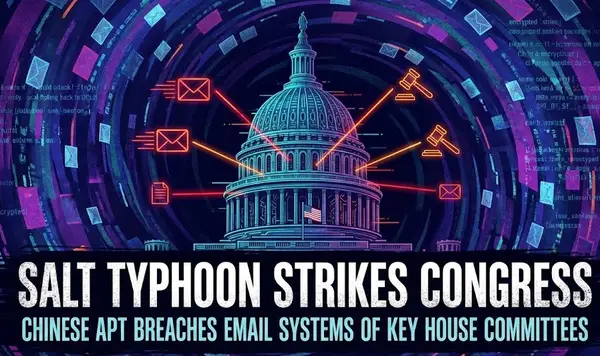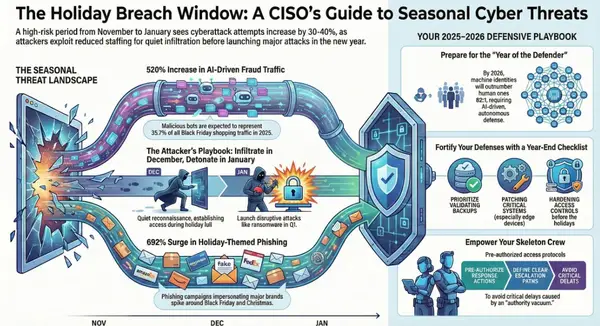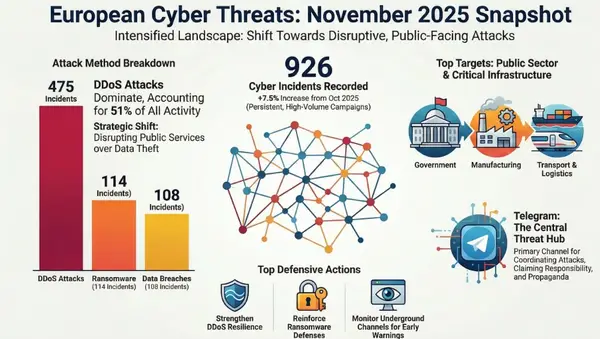The Psychology of Hackers: What Drives Them?

Introduction
Understanding the psychology of hackers can provide valuable insights into how to protect your business from cyber threats. While the term "hacker" often conjures images of a nefarious individual in a dark room, the reality is far more complex. This article delves into the motivations and psychological profiles of hackers, helping businesses understand their adversaries better.
Types of Hackers and Their Motivations
White-Hat Hackers
Motivation: Ethical Responsibility
Psychological Traits: Altruism, Responsibility
White-hat hackers are the "good guys" in the hacking world. They are driven by a sense of ethical responsibility to identify vulnerabilities and help organizations fix them.
Black-Hat Hackers
Motivation: Financial Gain, Malice
Psychological Traits: Greed, Antisocial Behavior
Black-hat hackers are motivated by financial gain or a desire to cause harm. They often exhibit traits like greed and a lack of empathy.
Grey-Hat Hackers
Motivation: Curiosity, Challenge
Psychological Traits: Ambiguity, Risk-Taking
Grey-hat hackers fall somewhere in between, often hacking out of curiosity or for the challenge, but without malicious intent.
The Thrill of the Hack
For many hackers, the act of hacking provides a psychological thrill. The challenge of breaking into a secure system can offer a sense of accomplishment and power.
Psychological Traits
- Competitiveness: Many hackers are driven by a desire to be the best in their field.
- Intellectual Curiosity: A thirst for knowledge and understanding can be a strong motivator.
- Risk-Taking: The willingness to take risks is often a common trait among hackers.
The Dark Triad
Some hackers exhibit traits from the "Dark Triad": narcissism, Machiavellianism, and psychopathy. These traits can drive individuals to exploit others for personal gain, without remorse.
Psychological Traits
- Narcissism: A sense of superiority and a lack of empathy.
- Machiavellianism: Manipulative behavior and a focus on self-interest.
- Psychopathy: Impulsivity and a lack of remorse or guilt.
Social and Environmental Factors
Hackers don't operate in a vacuum. Social and environmental factors like a lack of role models, peer pressure, or socio-economic conditions can also influence their behavior.
Understanding to Counteract
Understanding the psychology of hackers can help businesses develop more effective cybersecurity strategies. For example, knowing that a hacker is motivated by financial gain might lead to increased financial security measures.
Conclusion
The psychology of hackers is a complex interplay of various factors, including individual motivations, psychological traits, and external influences. By understanding what drives hackers, businesses can better prepare themselves against cyber threats and develop more effective security measures.
Key Takeaways
- Hackers can be categorized into white-hat, black-hat, and grey-hat, each with different motivations and psychological traits.
- Traits like competitiveness, intellectual curiosity, and risk-taking are common among hackers.
- Some hackers exhibit "Dark Triad" traits like narcissism, Machiavellianism, and psychopathy.
- Social and environmental factors can also influence hacker behavior.
- Understanding hacker psychology can help businesses improve their cybersecurity strategies.





